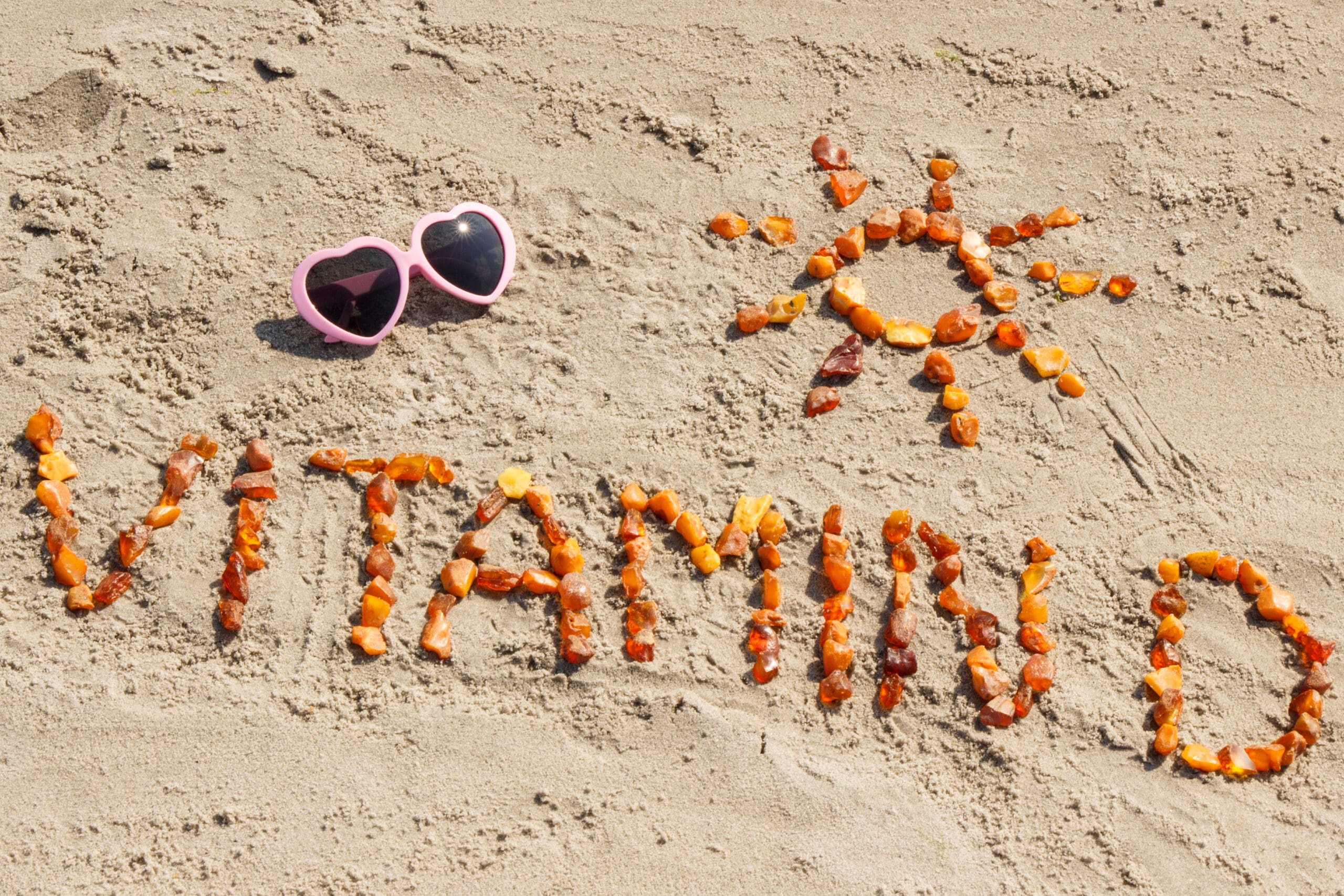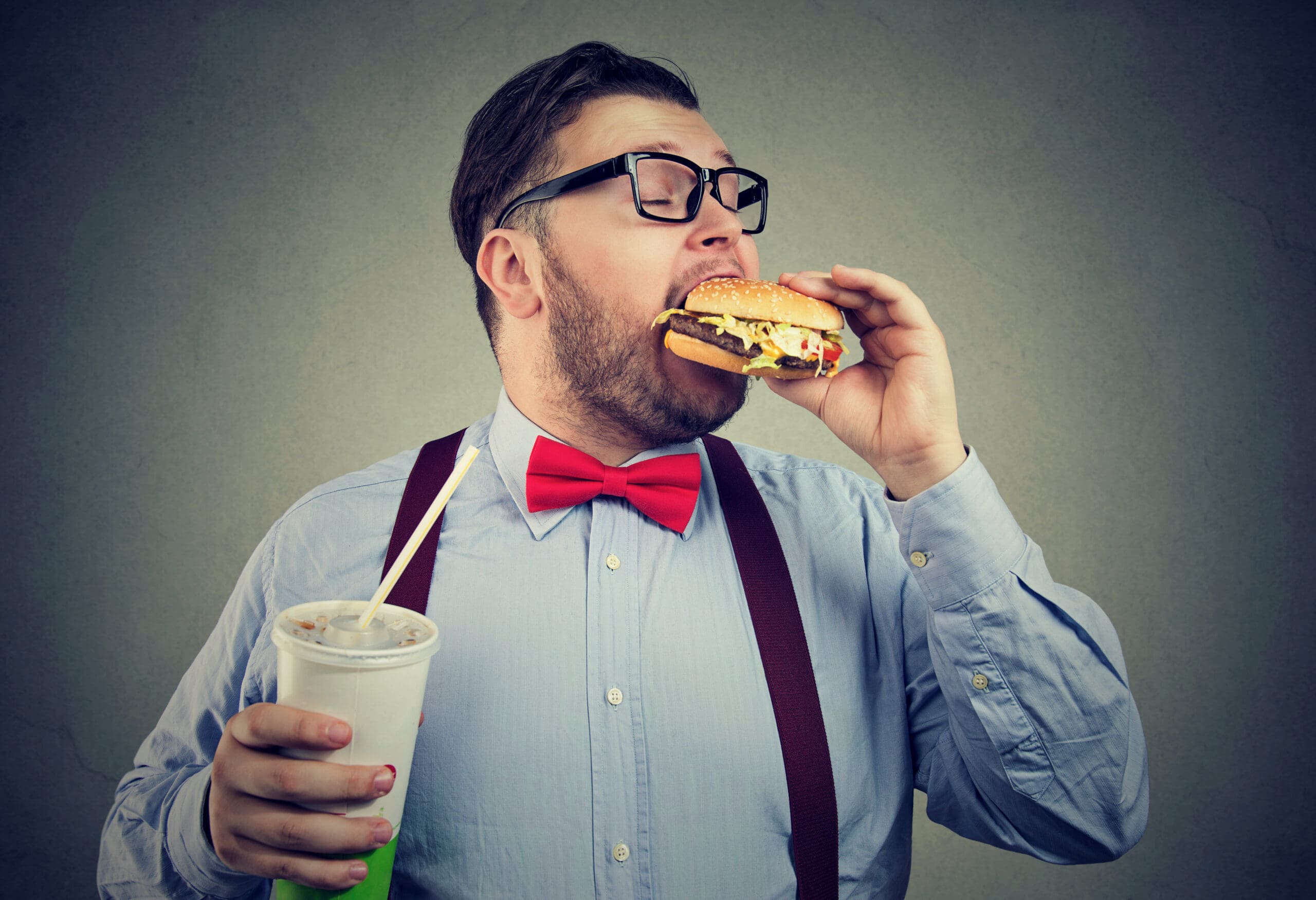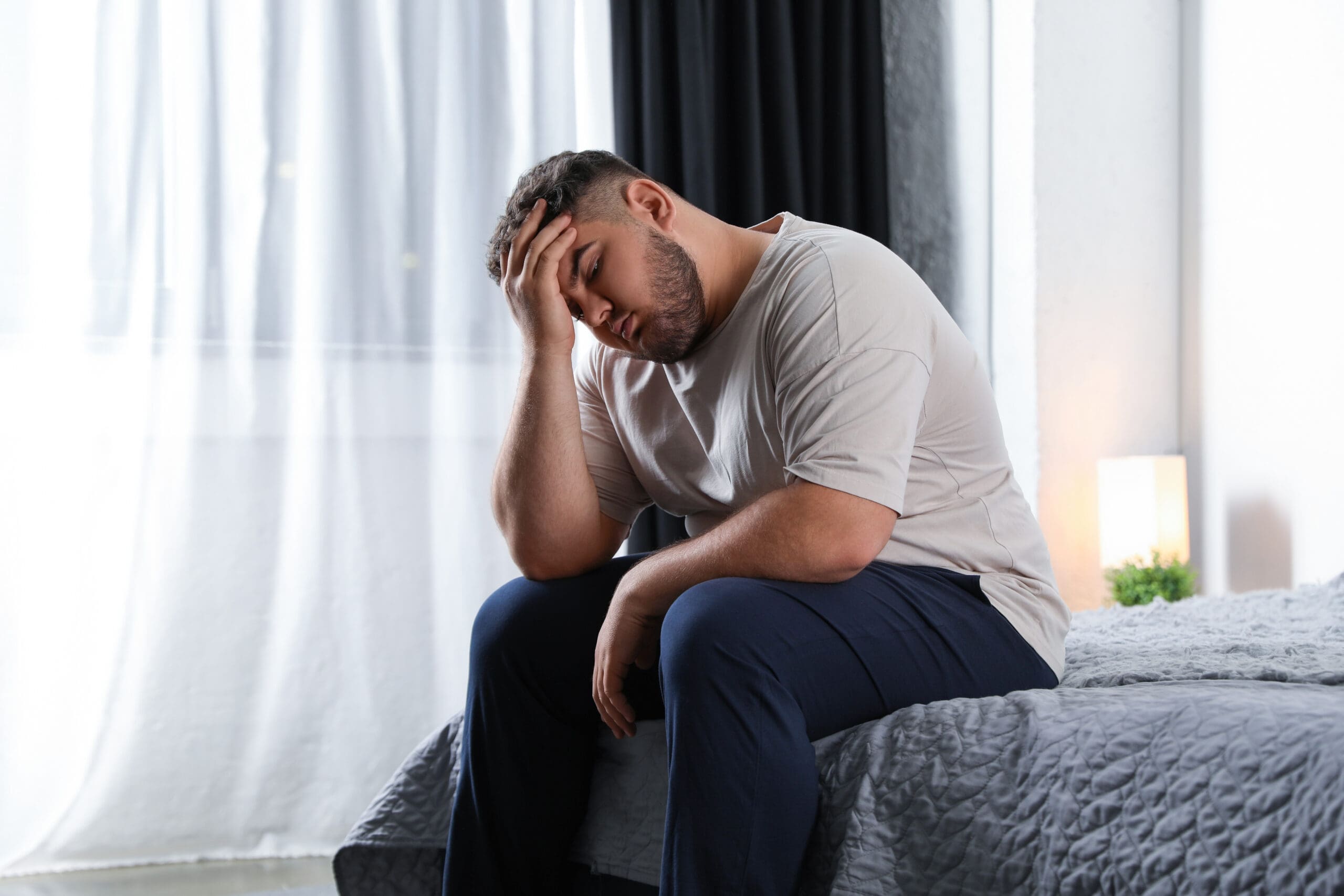Natural remedies to ease abdominal bloating
Has the holiday season left you with a bloated belly? An expanded belly is a common side effect of the extra eating and drinking that accompanies the Christmas and New Year period. Many people experience indigestion from rich foods, with pastry being the most common culprit. Combine that with big meals and large volumes of alcohol and you have a recipe for bloating, heartburn, reflux and indigestion.
Sometimes even after returning to your regular diet, some of these symptoms can linger. If you’re still feeling not quite right in your tummy, these suggestions should help:
- You might have too much bad bacteria and yeast in your intestines. This is very likely if you have recently consumed too much sugar, refined carbohydrates or alcohol. It’s also a side effect of antibiotic use. Many people are aware of the importance of taking a probiotic but they don’t realise it’s important to kill off high levels of harmful microbes first. There are some excellent herbs that we use in our clinics that help rid the bowel of harmful microbes.
- Your liver may be sluggish and not producing enough bile. If you feel bloated and gassy after a rich oily meal, it is quite likely your liver is not producing sufficient levels of bile. If you feel sleepy after a meal, this is another indicator that your liver is sluggish. You need bile in order to digest fat properly. Bile is made in the liver and stored in the gallbladder.
- You may need more digestive enzymes. Lack of digestive enzymes is a very common cause of bloating, gas, indigestion, nausea and burping. If you eat while stressed or rushed, you will certainly not be producing sufficient enzymes to digest your food.
- You may have a food sensitivity. Lactose intolerance is a very common cause of gas and bloating. Lactose intolerance is incredibly common, particularly in Asian, African and Middle Eastern people. Lactose is the sugar in milk and if you do not make the enzyme to digest it properly, it will provide food for all the wrong bugs in your gut. They will feast on it and produce an array of gasses in the process. Allergy to the protein in milk (called casein) is also very common. Gluten intolerance is another common cause of gas. Gluten is the protein naturally found in wheat, rye, barley, spelt, kamut, oats and other foods. There is a very wide spectrum of gluten sensitivity conditions. Some people become immediately very sick after consuming it, whereas other people just get some gas and bloating. Quite a lot of our patients comment to me that the biggest reason they stay off gluten is to avoid the excessive and embarrassing flatulence they used to suffer while eating gluten regularly.
- Slow down and chew your food properly. A lot of people eat meals while walking, talking, driving, working on their computer or other tasks. Try to focus on the food you’re eating while you’re eating it. Not only will you find your meals more enjoyable and satisfying, you are much less likely to feel bloated and uncomfortable afterwards. If you don’t chew your food properly, the digestive enzymes in your stomach and intestines will not be able to work on them and break them down. This means the bad bugs in your intestines will have a feast on your undigested food.
- Cut down on sugar and starch. Sugar is literally a fertilizer for bad bacteria, yeast and fungi in your intestines. It is very difficult to achieve consistent improvements in your digestion if you continue to eat a lot of sugary foods. Sugar can be quite addictive and we have found the best way to come off it is to make sure you include more protein and good fats in your diet. Good sources of protein include seafood, eggs, poultry, grass fed meat and whey protein powder. Healthy fats to include in your diet include cold pressed, organic coconut oil, avocados, oily fish, extra virgin olive oil and pastured butter.
- Avoid consuming too large quantities of gas producing foods. Legumes, lentils and beans are well known for causing flatulence in most people. Some people can tolerate small amounts of these foods in their diet, whereas others must avoid them completely if they wish to go out in public. These foods contain enzyme inhibitors, which inhibit your own body’s digestive enzymes from being able to work properly. A lack of enzymes spells digestive discomfort and we cover that in more detail in point number 4. Cabbage, broccoli, kale and other vegetables in the brassica family cause gas for some people because of the natural sulfur compounds they contain. Sulfur is very good for you; it helps your liver function and it is good for your hair, skin and nails; however sulfur is also a very smelly gas. Try not to go overboard with these vegetables, or take a digestive enzyme supplement when you do eat them.
- Apple cider vinegar and peppermint tea can help. Both of these substances are fantastic for reducing the symptoms of indigestion. They will help you extract more nutrients from your meals and leave you feeling much more comfortable. Apple cider vinegar can be used as a dressing on salads, along with olive oil, or you can put a tablespoon into a quarter of a cup of warm water and sip it before meals.







Leave A Comment